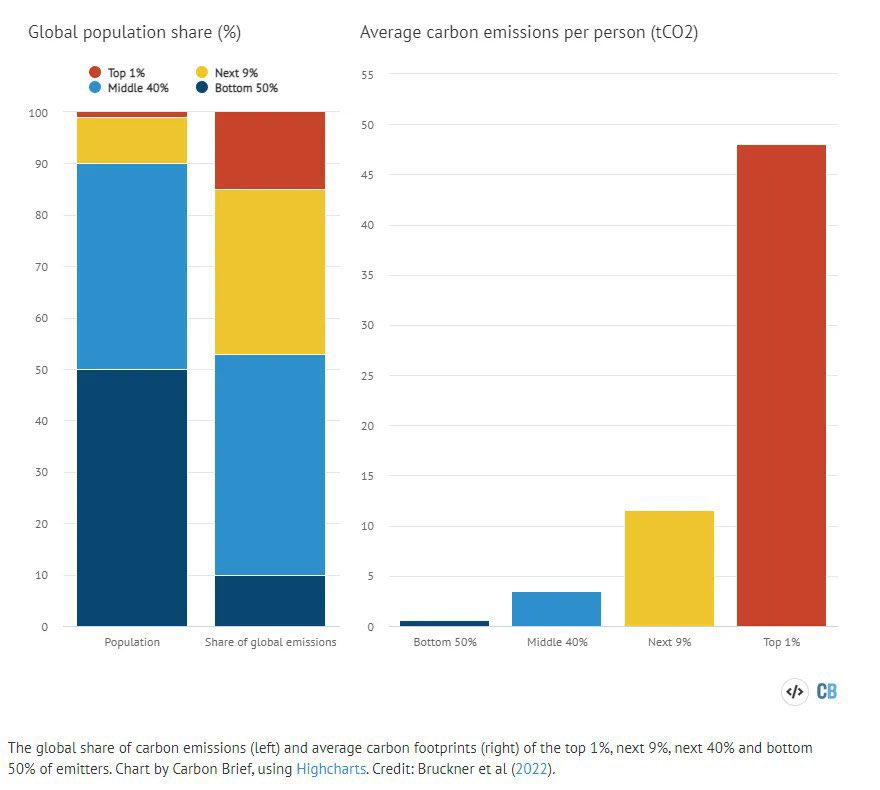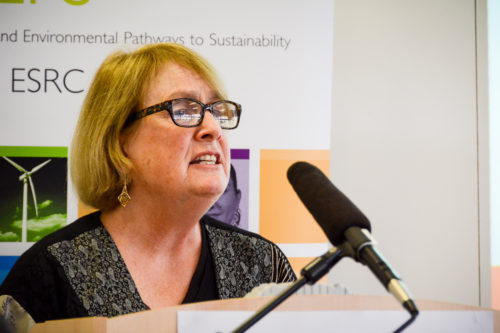In our latest episode of Spoken Earth, podcast host Adam Weymouth speaks with Betsy Hartmann about the idea of “overpopulation”, asking why the argument is given widespread legitimacy, how it plays into the hands of the far-right, and whether you can be environmentally friendly and still have children.
“The power of population is indefinitely greater than the power in the earth to produce subsistence for man.” Thomas Malthus
“The human population can no longer be allowed to grow in the same old uncontrolled way. If we do not take charge of our population size, then nature will do it for us and it is the poor people of the world who will suffer most.” So says Sir David Attenborough, patron of UK charity Population Matters, who campaign, in their own words, “to achieve a sustainable human population.”
That there are simply too many people for the planet to support is a view that sits comfortably in the mainstream, taught on curriculums and accepted by both the right and left without interrogation.
Yet hidden behind what appears to be Malthus’ simple formula lie many assumptions that expose the prejudices, misogyny and racism of this worldview. Betsy Hartmann has spent a long and distinguished career tackling these assumptions. To speak of “people” as a single, homogenous type does little to distinguish between those who are most responsible for causing climate change and those who are suffering the majority of its effects.
And therefore, argues Hartmann, when we blame overpopulation, we are in fact blaming those in the Global South and the deprived parts of the West, whilst failing to address the overconsumption that is disproportionately the responsibility of a minority of the global population.

Sourced from @ClimateAdam and Carbon Brief
Responses to overpopulation have led to various atrocities, from the forced sterilisation of women, China’s one child policy, the guilt and shame of those who start families, and the rising tide of eco-fascism, with the right enabled to draw connections between migration and climate change.
Pointing the finger at overpopulation does little more than perpetuate the inequalities that are already being exacerbated by climate change.

Betsy Hartmann speaking at STEPS Centre via Flickr
Hartmann argues that we must be clear and honest about what we are really talking about when we talk about overpopulation, and work instead to address the systemic issues that lie at the root of hunger, climate change and the oppression of women.
Find out more and listen to the episode here.
Read more:



